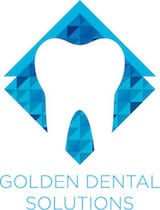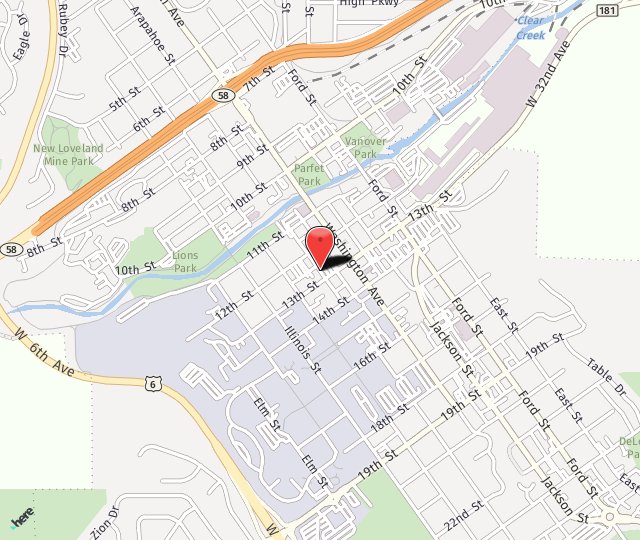Sleep Breathing Disorder Treatment in Denver CO
Your quality of life is a direct result of your quality of sleep. While other aspects of your life may support health and wellness, consistent lack of sleep may override them. If you feel tired during the day and don’t understand why, it can be beneficial to consider how well you’re actually sleeping. In many cases, chronic daytime sleepiness and other symptoms are linked to a sleep breathing disorder.
The experienced, professional doctors at Golden Dental Solutions offer whole-person care that can have an extraordinary impact on your overall quality of life. If you suspect you may have a sleep breathing disorder, contact us today at 277-9600!
What is a Sleep Breathing Disorder?
A sleep breathing disorder is a condition in which your breathing is altered when you fall asleep. In most cases, this is due to some type of obstruction in the airway. Obstructions can range from congestion and allergies to natural anatomical shifts when the body relaxes.
What Kind of Sleep Breathing Disorders Do You Treat?
At Golden Dental Solutions, our team can help you understand the reason you’re not sleeping well. The most common sleep breathing disorders are obstructive sleep apnea and Upper Airway Resistance Syndrome. These two conditions are alike in more ways than one. However, there is one significant point of difference. A person with obstructive sleep apnea actually stops breathing for short periods of time. In many cases, what are called apneic episodes, where breathing stops, occur dozens of times while a person sleeps. The person with obstructive sleep apnea typically reports that they sleep very well (so do not understand why they are so tired). A person with Upper Airway Resistance Syndrome, on the other hand, is awakened by loud snoring. They never stop breathing, but they also may not reach their deep, restorative stages of sleep due to their breathing changes.
How Would I Know if I Have a Sleep Breathing Disorder?
You might be alerted that your sleep is not sufficient by daytime sleepiness and other symptoms. If you have obstructive sleep apnea, you might not wake yourself up at night to realize what’s happening. Often, people come into the office for help after being told by someone else that they snore very loudly and disruptively. Once you consult with a doctor or dentist about your sleep symptoms, you may undergo a sleep test to confirm your diagnosis. During a sleep test, you wear a few different monitors that measure vitals such as your breathing rate and heart rate. In most cases, a sleep study provides a doctor with the conclusive evidence that is needed to diagnose the type and severity of sleep breathing disorder that is present.
What Kinds of Treatments are Available for Sleep Breathing Disorders?
The purpose of treatment for a sleep breathing disorder is to resolve the obstruction that is causing lapses in respiration. Keep in mind, too, that even if you have Upper Airway Resistance Syndrome and you never fully stop breathing, your health and quality of life may be significantly impacted. Treatment is important to protect your overall wellness. Here at Golden Dental Solutions near Denver, CO, we customize treatment using proven oral airway appliances. These medical devices are effective for most people with Upper Airway Resistance Syndrome and obstructive sleep apnea. Another option for treating sleep breathing disorders is via CPAP therapy. This ongoing treatment involves wearing a mask or prongs that fit over or into the nostrils. The appliance is applied before going to sleep. While worn, the appliance delivers consistent air pressure through the nostrils. The force of the air keeps the airway open. Oral appliance therapy achieves the same goal but without forced air. In this instance, you insert your customized oral appliance before going to sleep. The appliance gently shifts certain aspects of your mouth to ensure that your airway does not close once your body is fully relaxed.
What if I Leave My Sleep Breathing Disorder Untreated?
It is not recommended to leave a sleep breathing disorder untreated. The effects of ongoing sleep apnea or inhibited breathing can accumulate over time, increasing your risk of chronic irritability, mood disorders, lack of productivity, and accidents. Sleep breathing disorders are also believed to contribute to the risk of more serious health conditions, including diabetes.
Is a Sleep Breathing Disorder Dangerous?
Disordered breathing of any kind can have negative effects on your daily life and your long-term health. We consider chronic sleep breathing disorders dangerous because they may increase your risk of heart disease, stroke, accidents, and other conditions that require additional care. Some studies suggest that untreated obstructive sleep apnea can reduce a person’s lifespan by years. With treatments as conservative and comfortable as we have today, it is easier than ever to successfully sustain healthy respiration while you sleep.

 5 Stars from over 200 reviews!
5 Stars from over 200 reviews! 
